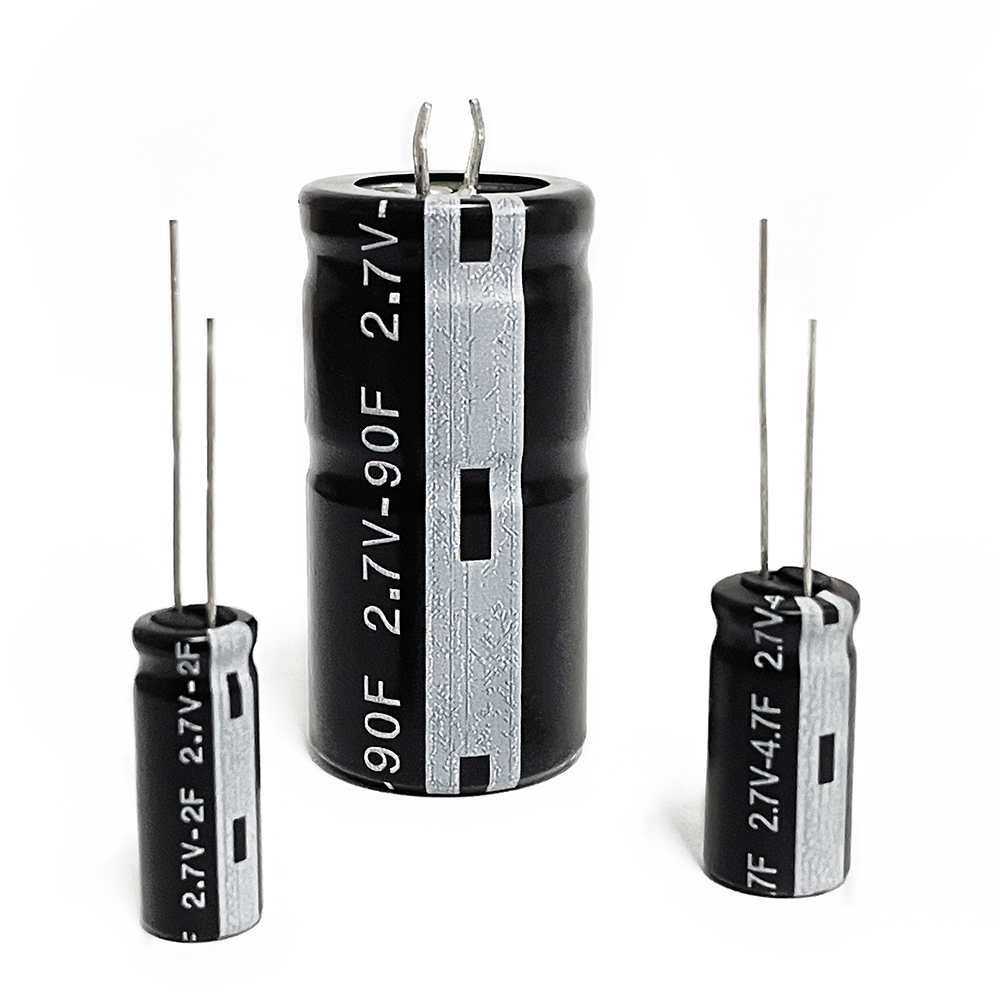A supercapacitor is an electronic component primarily composed of electrodes, a collector, a separator between the electrodes, and an electrolyte. Among these components, the electrodes are one of the core parts of a supercapacitor.
The function of the electrodes in a supercapacitor is to introduce electrons from the circuit into the internal structure of the supercapacitor and provide a pathway for electron transfer. The electrode material is a crucial factor that influences and determines the performance of the supercapacitor.
Materials used to compose supercapacitor electrodes include carbon-based electrode materials, metal oxide electrode materials, and conductive polymer electrode materials, among others. Different electrode materials have varying effects on the performance and characteristics of the supercapacitor.
The electrodes of a supercapacitor are vital components for energy storage and release in supercapacitors, and different electrode materials can lead to variations in the performance and characteristics of the supercapacitor.
Regardless of the material used in the construction of supercapacitor electrodes, the primary purpose remains the same: to facilitate the introduction of electrons from the circuit into the internal structure of the supercapacitor and provide a pathway for electron transfer. The choice of specific supercapacitor materials depends on the requirements of the electronic product in which they are used. For other electronic products, as long as the supercapacitors are of good quality, come from reputable sources, and are sold by compliant manufacturers with after-sales service, they are considered suitable.
This article is provided by JYH HSU Electronics, a manufacturer of electronic components such as capacitors and resistors.
Post time: Oct-25-2023

